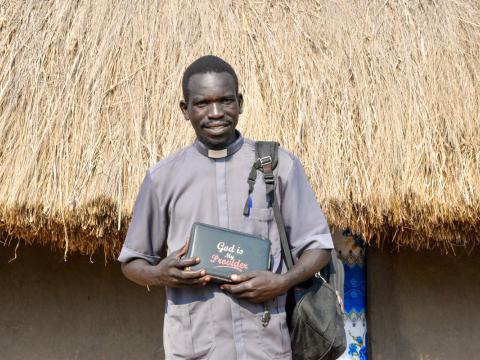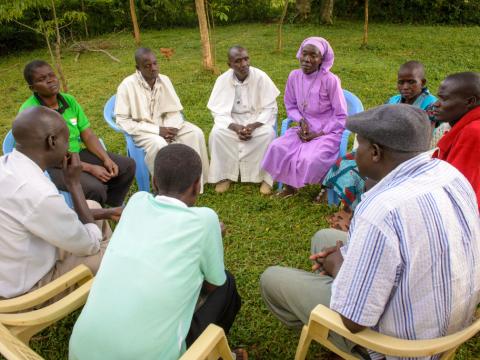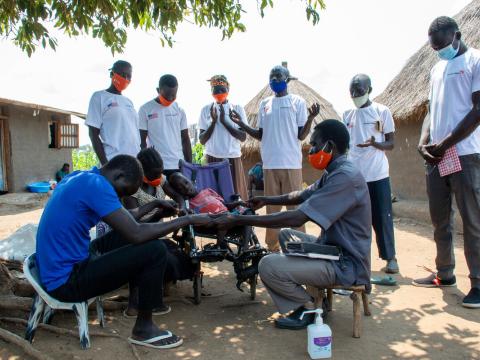Research Brief: Faith Communities' Contribution to Ending Violence against Children
Download
Children thrive in strong communities, equipped and strengthened to address child protection challenges. Faith leaders, their spouses, and faith communities play a critical role in shaping community norms and catalysing shifts in attitudes and behaviours that can protect children more effectively.
This research brief summarises the evidence and key findings from a 5-year, multi-country, longitudinal study conducted between World Vision and Queen Margaret University from 2016-2021, studying how World Vision's project model - Channels of Hope for Child Protection - equips faith leaders, changes attitudes and social norms, and mobilises faith community action to reducet violence against children in local communities and at higher levels of society.
The research was conducted in Guatemala (a Christan majority context), Senegal (a Muslim majority context), and Uganda (a mixture of Christian and Muslim contexts). Download the research brief below, or go to the Faith Communities' Contribution to Ending Violence against Children main research page.

